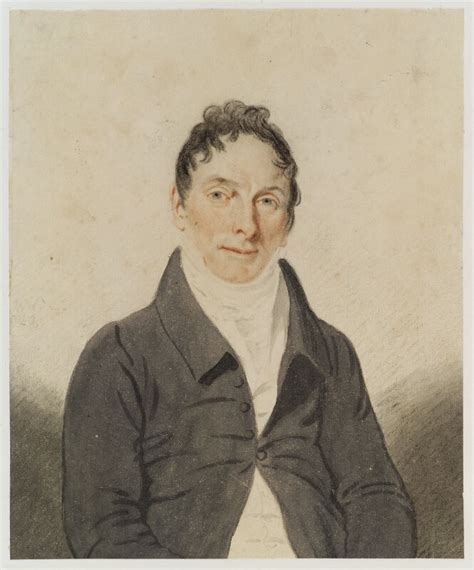A Quote by Samuel Taylor Coleridge
Not the poem which we have read , but that to which we return , with the greatest pleasure, possesses the genuine power, and claims the name of essential poetry .
Related Quotes
Perhaps the author cited is one of those, who, shunning the practice of the world, have taught the world to shun return! whose poetry is too finely spun, whose philosophy is too and mystified for popular demand: perhaps we have experienced feeling which Mr. Wordsworth alludes to, in a poem worthy of simplicity and loneliness of the sentiment "Often have I sighed to measure By myself a lonely pleasure; Sighed to think I read a book Only read perhaps by me!
Truly fine poetry must be read aloud. A good poem does not allow itself to be read in a low voice or silently. If we can read it silently, it is not a valid poem: a poem demands pronunciation. Poetry always remembers that it was an oral art before it was a written art. It remembers that it was first song.
The quality of light by which we scrutinize our lives has direct bearing upon the product which we live, and upon the changes which we hope to bring about through those lives. It is within this light that we form those ideas by which we pursue our magic and make it realized. This is poetry as illumination, for it is through poetry that we give name to those ideas which are, until the poem, nameless and formless-about to be birthed, but already felt.
Poetry is perhaps the oldest art form. We can go back to an age-old idea of naming things, the Adamic impulse - to give something a name has always been an immensely powerful thing. To name something is to own it, to capture it. A poem is still a kind of spell, an incantation. Historically, a poem also invoked: it was a blessing, or a curse, or a charm. It had a motile power, was able to summon something into being. A poem is a special kind of speech-act. In a good poem there's the trance-like effect of language in its most concentrated, naked form.
Theology is-- or should be-- a species of poetry,which read quickly or encountered in a hubbub of noise makes no sense. You have to open yourself to a poem with a quiet, receptive mind, in the same way you might listen to a difficult piece of music... If you seize upon a poem and try to extort its meaning before you are ready, it remains opaque. If you bring your own personal agenda to bear upon it, the poem will close upon itself like a clam, because you have denied its unique and separate identity, its inviolate holiness.





































